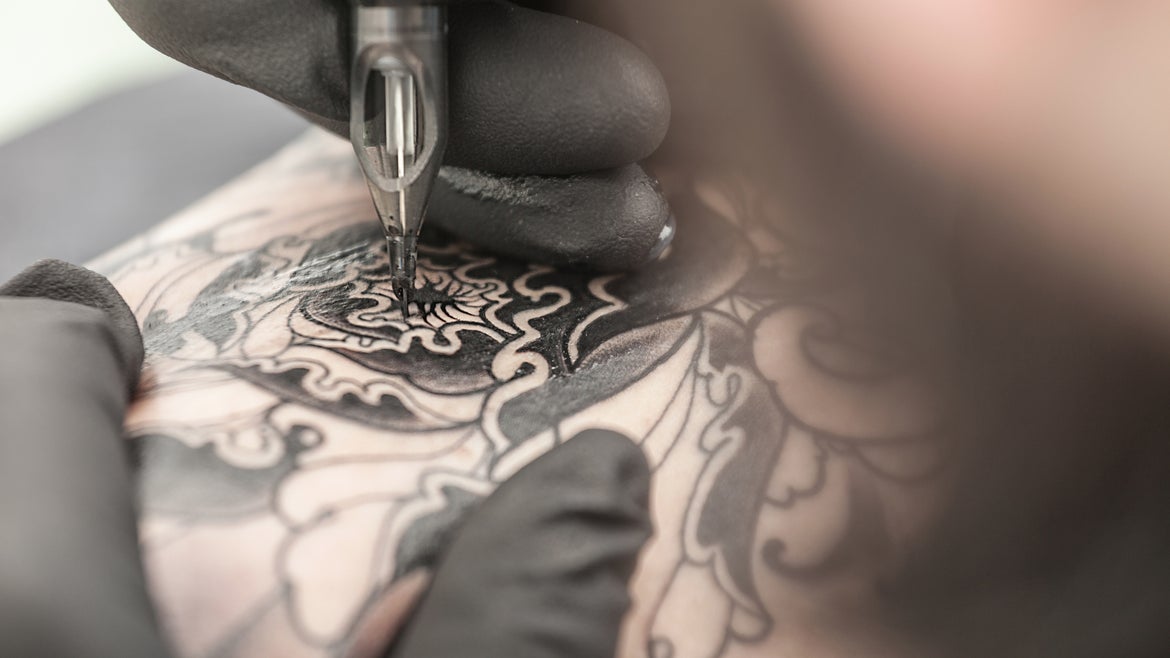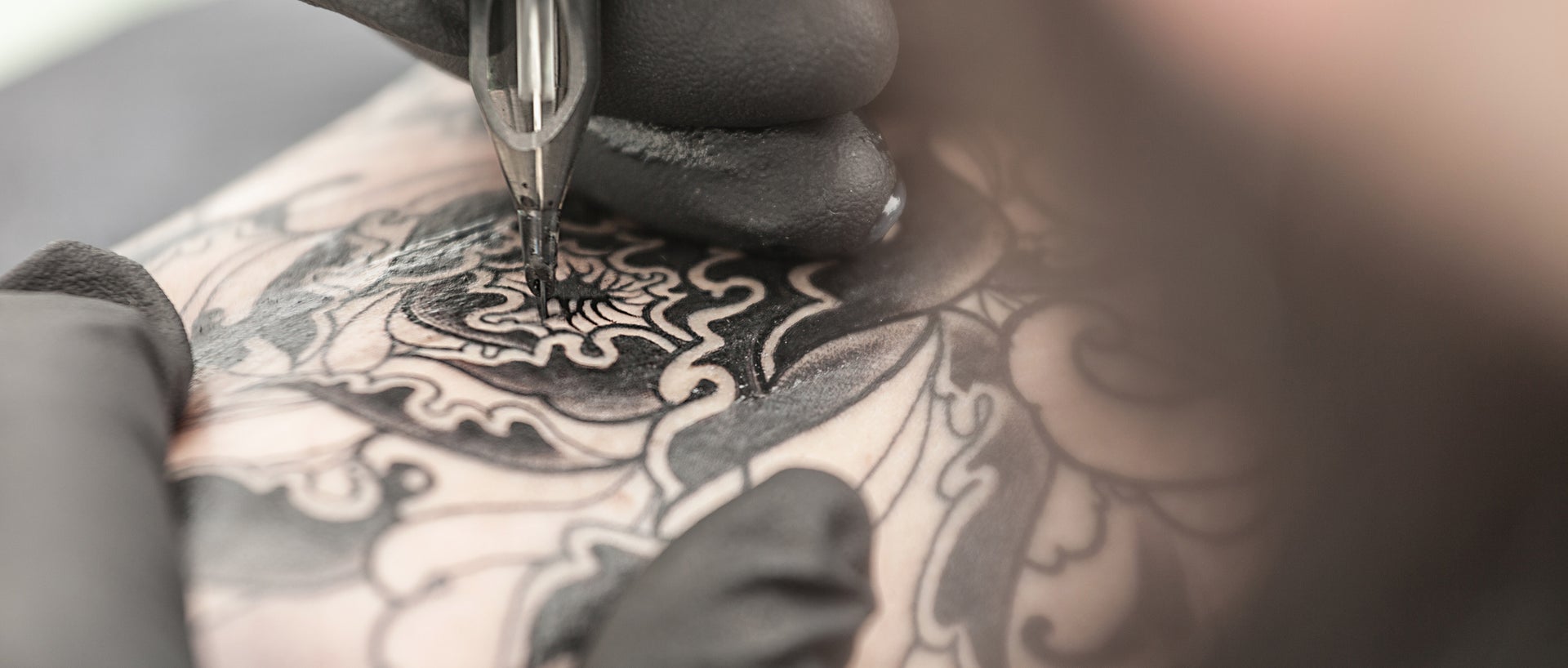While the cancer-causing compound is safe when intact, it could turn into a potential carcinogen if degraded by bacteria or U.V. light.
A team of researchers found that nearly 50% of tattoo inks they tested contained compounds that could become a cancer-causing agent if degraded. This was part of a larger study that found many tattoo inks made in the U.S. had ingredients not listed on the labels.
“Every time we looked at one of the inks, we found something that gave me pause,” said Dr. John Swierk, the lead researcher.
Out of 56 different tattoo inks the Binghamton University researchers analyzed, 23 appeared to be mixed with an azo-containing dye – which is safe when chemically intact, but could degrade into a potential carcinogen if degraded by bacteria or ultravoilet light, according to the researchers’ statement, citing a study by the Joint Research Centre.
Another concerning finding related to the size of tattoo ink particles. Researchers analyzed 16 inks using electron microscopy, and found that half of them contained particles small enough to penetrate a person’s cell membrane “and potentially cause harm,” Swierk explained.
One of the inks contained ethanol despite its ingredient list not having any mention of it, according to their analysis.
The team presented their initial findings at the American Chemical Society’s fall meeting earlier this week, and intend to have the data peer reviewed before sharing their full findings to their website, What's In My Ink?
The team also pointed out that tattoo ink is regulated as a cosmetic product, and does not require FDA approval before use.







